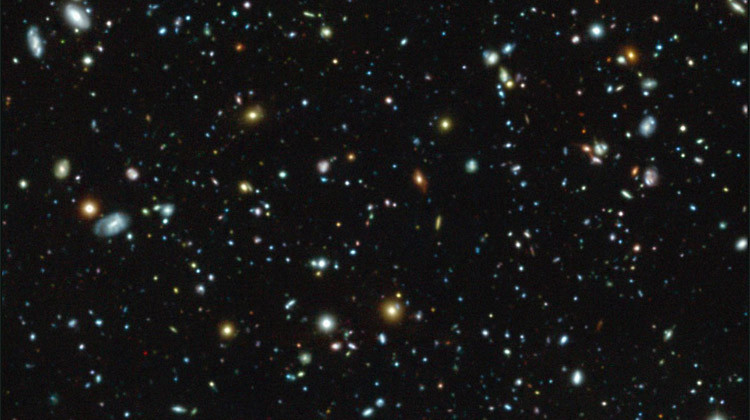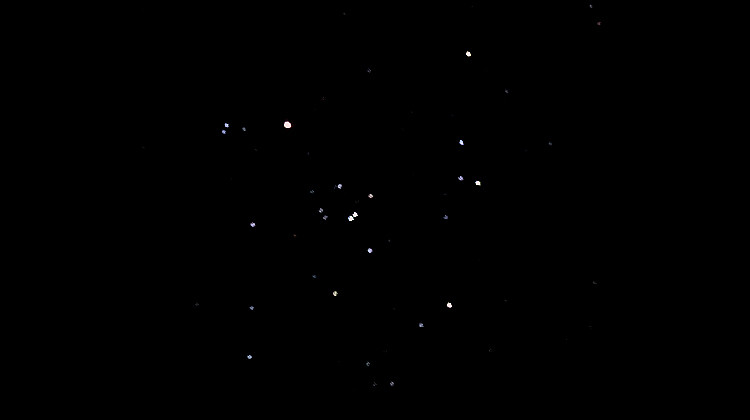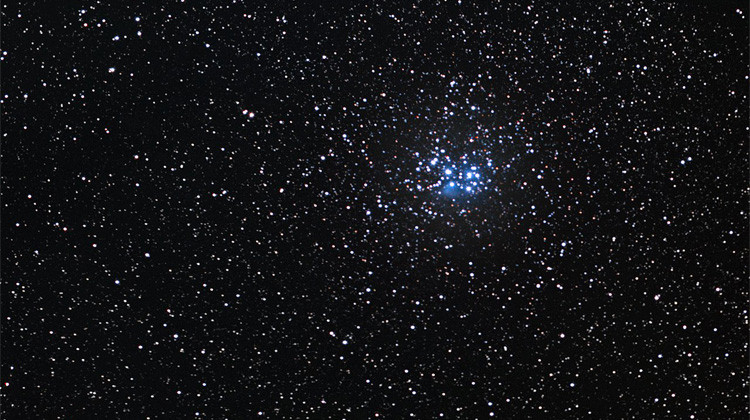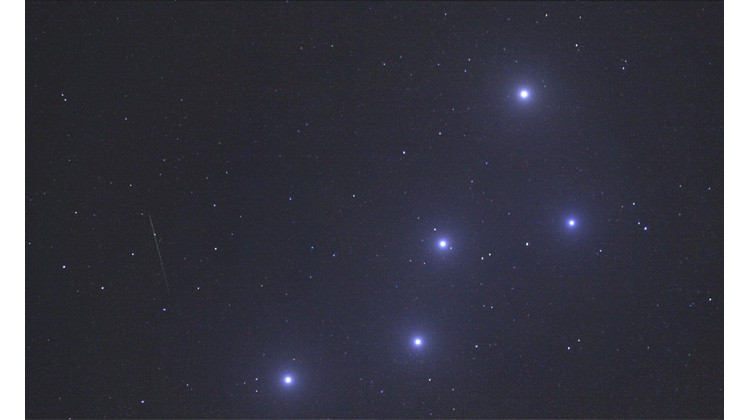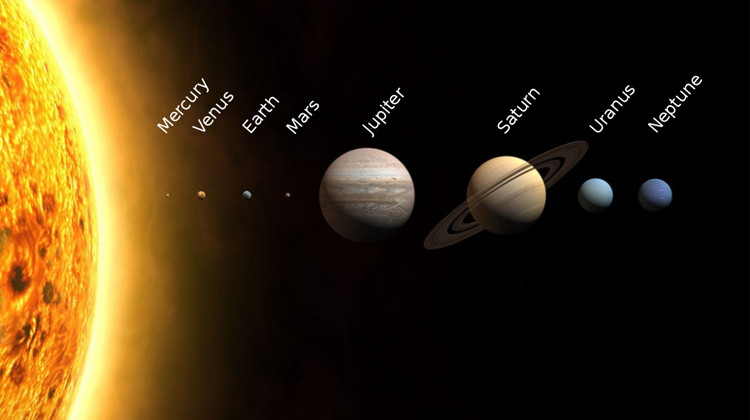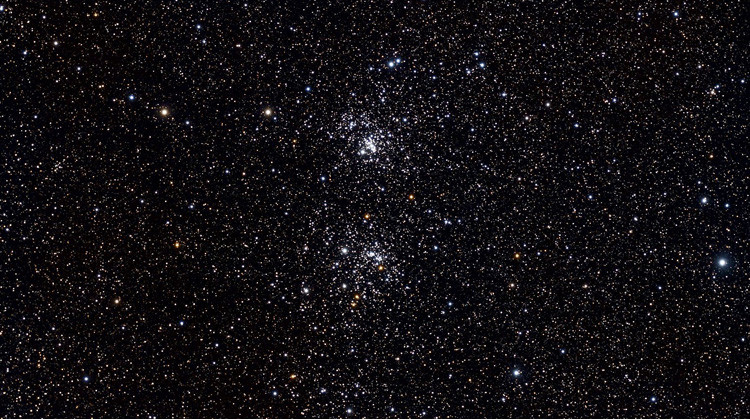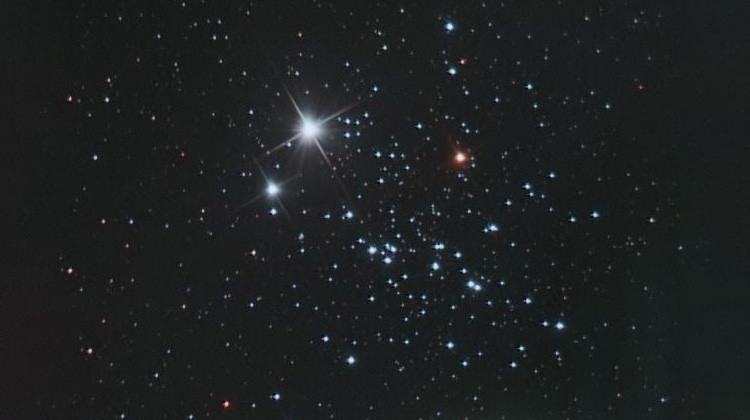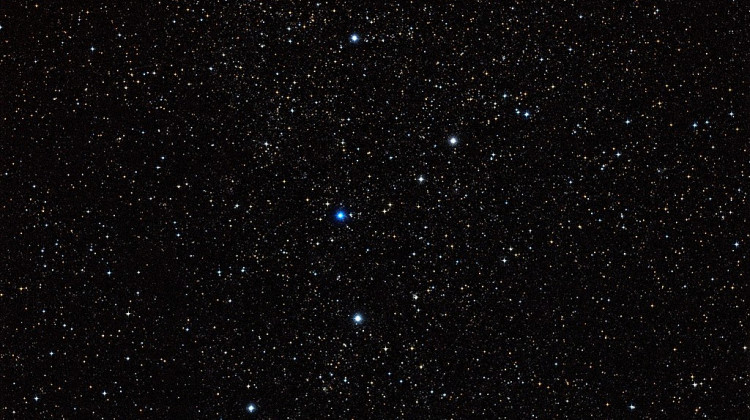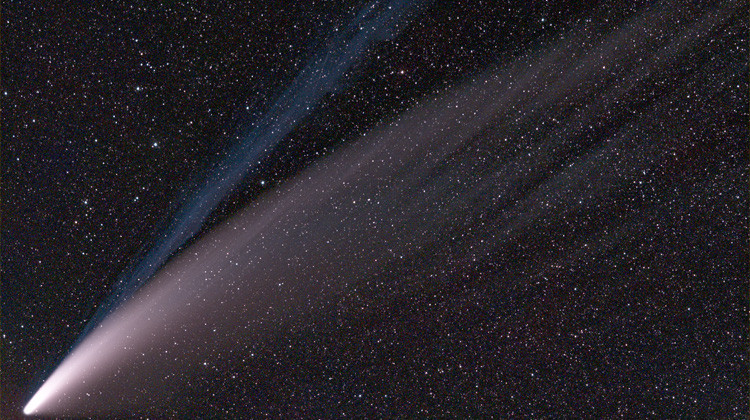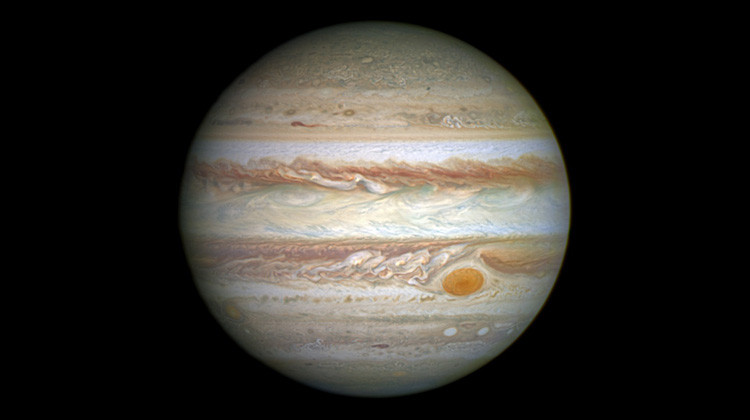Gibbous Moon & Planets
Update: 2020-08-28
Description
On Friday night, the moon rises just before 6pm, so by dark it will be high to the south/southeast. If you look at the moon on Friday night, you’ll probably notice a bright point of light above it. That’s Jupiter. Grab a pair of binoculars or a telescope and have a look at the moon to admire some of its features. Look toward the shadow--what’s called the terminator, for details on craters and mountains, and then scan to Jupiter to see its four largest moons--the ones Galileo discovered when he first looked at Jupiter through one of the earliest telescopes. If you have a larger telescope, you may want to observe Jupiter on Saturday night after sundown when the Great Red Spot will be in view. Now these days, the Great Red Spot is more of a pale orange, but you can still make it out through decent telescopes with good magnification.
And by the way, on Saturday night, the moon will have moved East of not only Jupiter, but also Saturn in the night sky. Saturn is that pale yellow point of light just to the left of Jupiter. On Saturday night it will be just above and to the right of the Moon. Saturn’s another great target for smaller telescopes and good binoculars. The rings of Saturn are an incredible sight from your backyard. Looking at the Moon on Saturday though, you’ll notice one of the brightest features on the lunar surface right near the edge of the lunar terminator--the Aristarchus crater. A deep crater in the Northern hemisphere. Just follow the shadow until you see it.
The moon isn’t full yet--that’s not until Tuesday, but it’ll look pretty close on Sunday night. It’ll rise to the southeast around 7:30 on Sunday and be due south around Midnight.
So if we’re lucky enough to have clear or clear-ish skies, enjoy these bright targets.
And by the way, on Saturday night, the moon will have moved East of not only Jupiter, but also Saturn in the night sky. Saturn is that pale yellow point of light just to the left of Jupiter. On Saturday night it will be just above and to the right of the Moon. Saturn’s another great target for smaller telescopes and good binoculars. The rings of Saturn are an incredible sight from your backyard. Looking at the Moon on Saturday though, you’ll notice one of the brightest features on the lunar surface right near the edge of the lunar terminator--the Aristarchus crater. A deep crater in the Northern hemisphere. Just follow the shadow until you see it.
The moon isn’t full yet--that’s not until Tuesday, but it’ll look pretty close on Sunday night. It’ll rise to the southeast around 7:30 on Sunday and be due south around Midnight.
So if we’re lucky enough to have clear or clear-ish skies, enjoy these bright targets.
Comments
Top Podcasts
The Best New Comedy Podcast Right Now – June 2024The Best News Podcast Right Now – June 2024The Best New Business Podcast Right Now – June 2024The Best New Sports Podcast Right Now – June 2024The Best New True Crime Podcast Right Now – June 2024The Best New Joe Rogan Experience Podcast Right Now – June 20The Best New Dan Bongino Show Podcast Right Now – June 20The Best New Mark Levin Podcast – June 2024
In Channel

